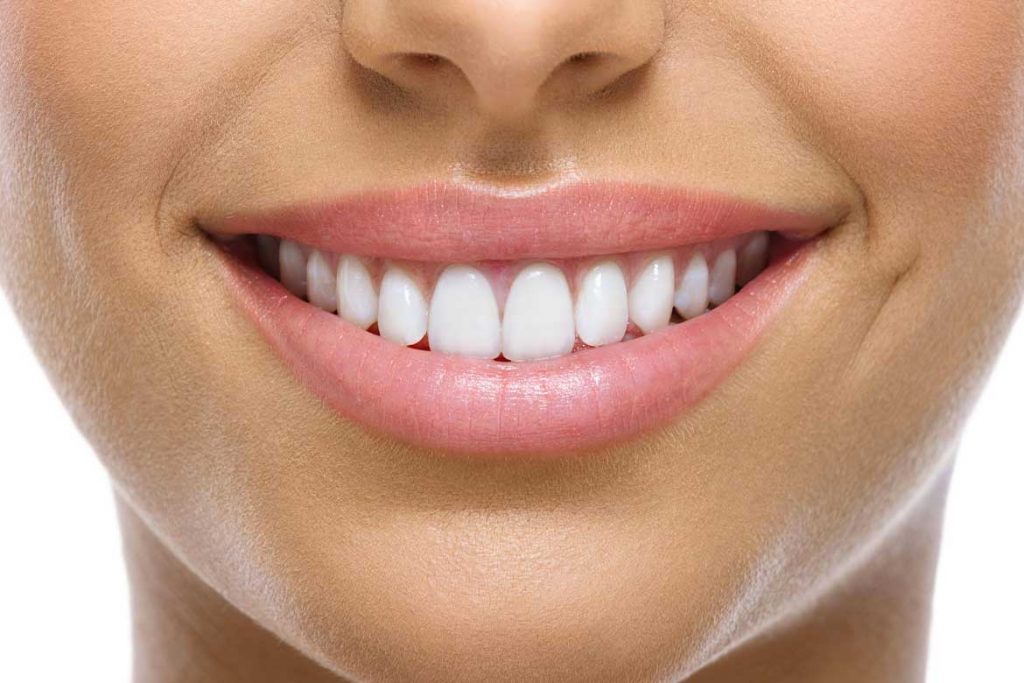Teeth whitening is a popular procedure aimed at enhancing the aesthetic appearance of teeth by removing stains and discolorations. With the increasing emphasis on beauty and a radiant smile, many individuals consider teeth whitening to achieve a brighter and more radiant smile. However, like any dental procedure, it is important to be aware of both the advantages and disadvantages before deciding to undergo teeth whitening. In this article, we will explore some of the common advantages and disadvantages associated with teeth whitening.
Advantages of Teeth Whitening:
Disadvantages of Teeth Whitening:
Conclusion: Teeth whitening offers several advantages, including aesthetic enhancement, quick results, and a non-invasive procedure. However, it is important to consider the potential disadvantages, such as temporary tooth sensitivity, non-permanent results, and limitations in certain cases. Before deciding to undergo teeth whitening, it is crucial to consult with a dentist to evaluate the suitability of the treatment and fully understand the potential benefits and risks. Additionally, maintaining good oral hygiene and avoiding habits that can stain the teeth can help prolong the results of teeth whitening. Ultimately, the choice to undergo teeth whitening should be based on careful evaluation of the advantages and disadvantages, as well as individual needs and preferences.

WhatsApp us